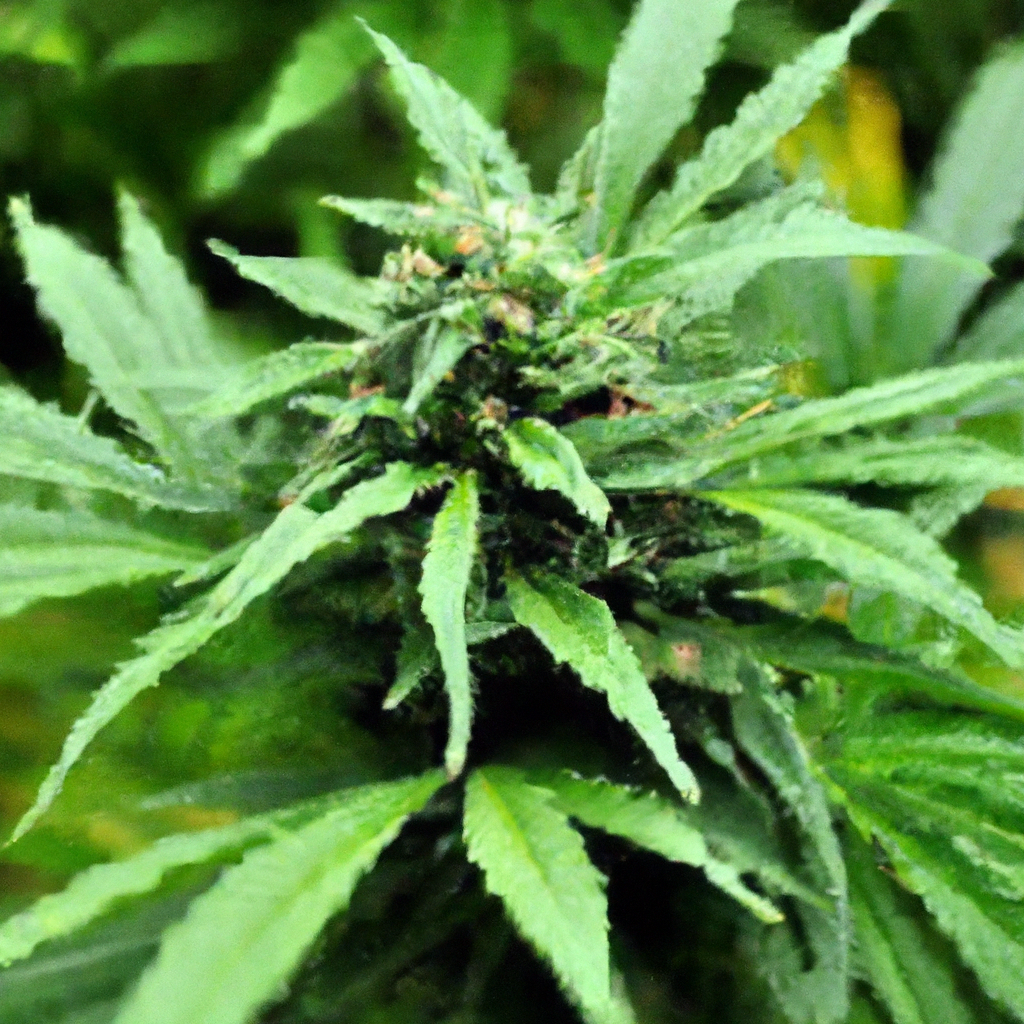Your cart is currently empty!
As more cultivators and consumers embrace sustainable practices, organic cannabis cultivation has emerged as a preferred method for producing high-quality, environmentally-friendly cannabis. This guide explores the best practices for growing cannabis organically, focusing on natural fertilizers, pest control, and soil health to promote sustainability and superior crop yields.
Understanding Organic Cannabis Cultivation
Organic cannabis cultivation revolves around using natural methods to enhance plant growth and health. Unlike traditional cultivation methods that rely on synthetic chemicals, organic growing emphasizes sustainability and ecosystem balance. Here’s how to achieve this through natural fertilizers, composting, and pest management.
Natural Fertilizers and Composting
Organic fertilizers provide essential nutrients needed for plant growth without harmful chemicals. Some popular organic fertilizers include:
- Compost: Rich in nutrients, compost is an excellent soil amendment that enhances soil fertility and structure.
- Vermicompost: Produced using earthworms, this compost is high in beneficial microorganisms and nutrients.
- Bone Meal and Blood Meal: These animal-derived fertilizers are abundant in phosphorus and nitrogen, crucial for healthy plant development.
- Fish Emulsion and Kelp: Fish-based products and seaweed deliver a broad spectrum of nutrients and bolster plant resilience.
Integrate these fertilizers during soil preparation and throughout the growing cycle to support plant nutrition naturally.
Building Healthy Soil Ecosystems
A thriving soil ecosystem is vital for successful organic cannabis cultivation. Focus on enhancing soil health through the following methods:
- Soil Preparation: Start with a well-draining, nutrient-rich organic soil blend. Incorporate organic matter and aerators like perlite or coco coir to improve soil structure.
- Beneficial Microbes: Introduce mycorrhizal fungi and bacteria to the soil to assist with nutrient absorption and disease resistance.
- Crop Rotation and Cover Crops: Diversifying plants in your soil can replenish nutrients, suppress weeds, and improve soil fertility over time.
Natural Pest Control
Pest management is essential for maintaining healthy cannabis plants. Organic growers can utilize these natural pest control methods:
- Beneficial Insects: Ladybugs, predatory mites, and parasitic wasps can control harmful pests like aphids and spider mites.
- Neem Oil: A natural pesticide, neem oil repels many insects and fungal pathogens.
- Diatomaceous Earth: This powdery substance dehydrates and deters soft-bodied insects crawling on plants.
Implementing these organic pest control strategies can maintain a non-toxic environment while protecting plants from damage.
Benefits of Organic Cannabis
Organic cannabis cultivation not only benefits the plants and environment but also appeals to consumers. Here’s why:
- Environmental Impact: Organic practices reduce chemical runoff and preserve wildlife and natural ecosystems.
- Consumer Health: Free from synthetic residues, organic cannabis offers a safer option for users prioritizing health and wellness.
- Quality and Flavor: Organically grown cannabis often boasts richer terpene profiles and more profound flavors.
Conclusion
Organic cannabis cultivation is a sustainable and rewarding method that prioritizes soil health, environmental conservation, and plant wellness. By choosing natural fertilizers, compost, and natural pest control, growers can cultivate cannabis that thrives without harming the planet. Ultimately, organic practices enrich not only the soil but also the quality and safety of cannabis products for consumers.
Discover more from Magic Clones
Subscribe to get the latest posts sent to your email.


Leave a Reply